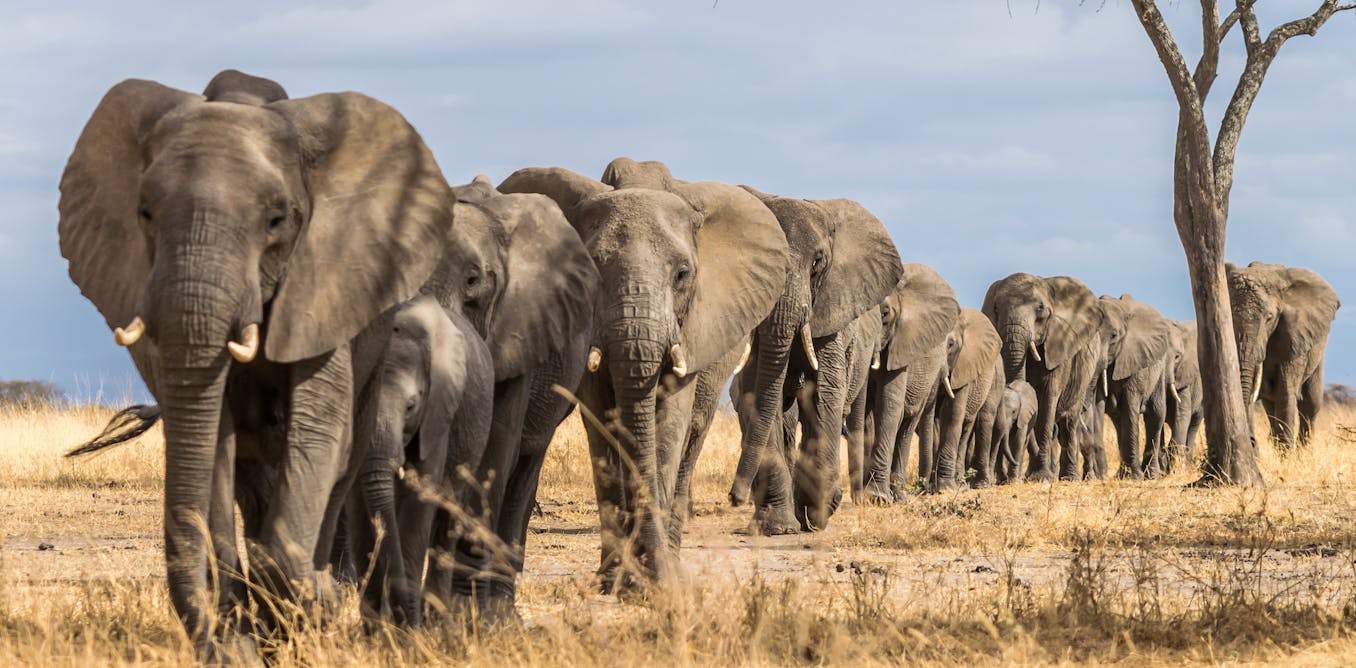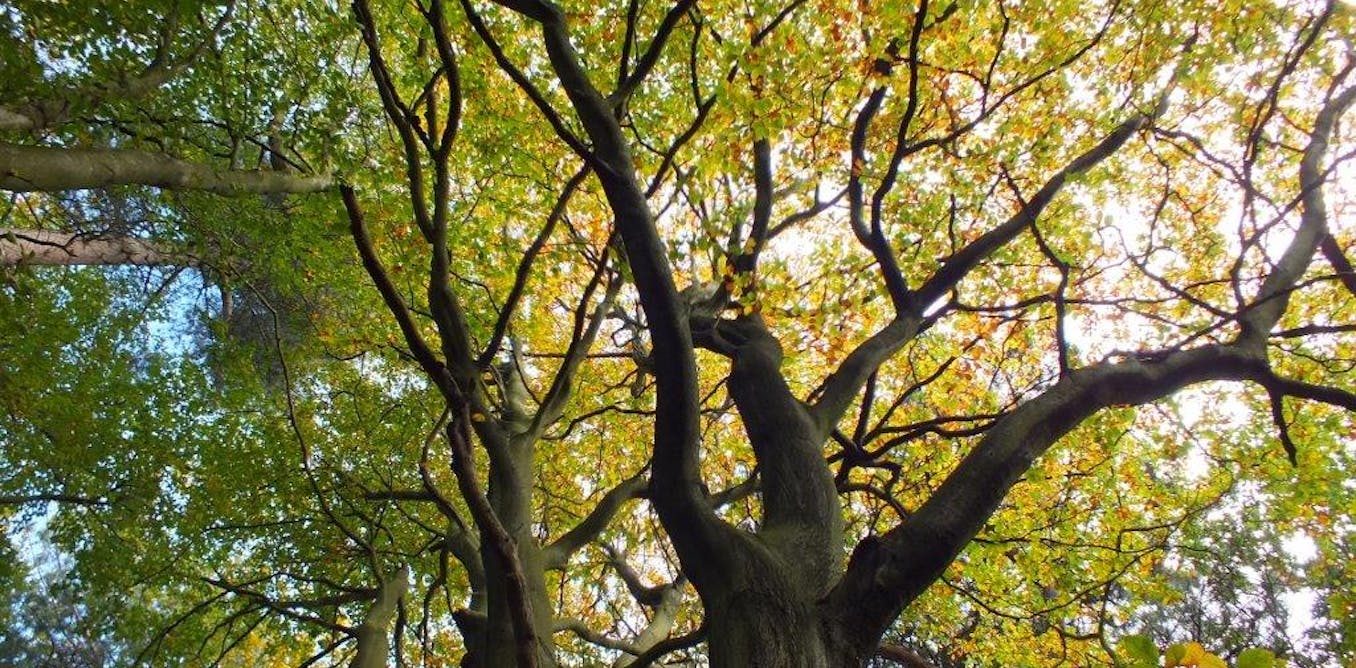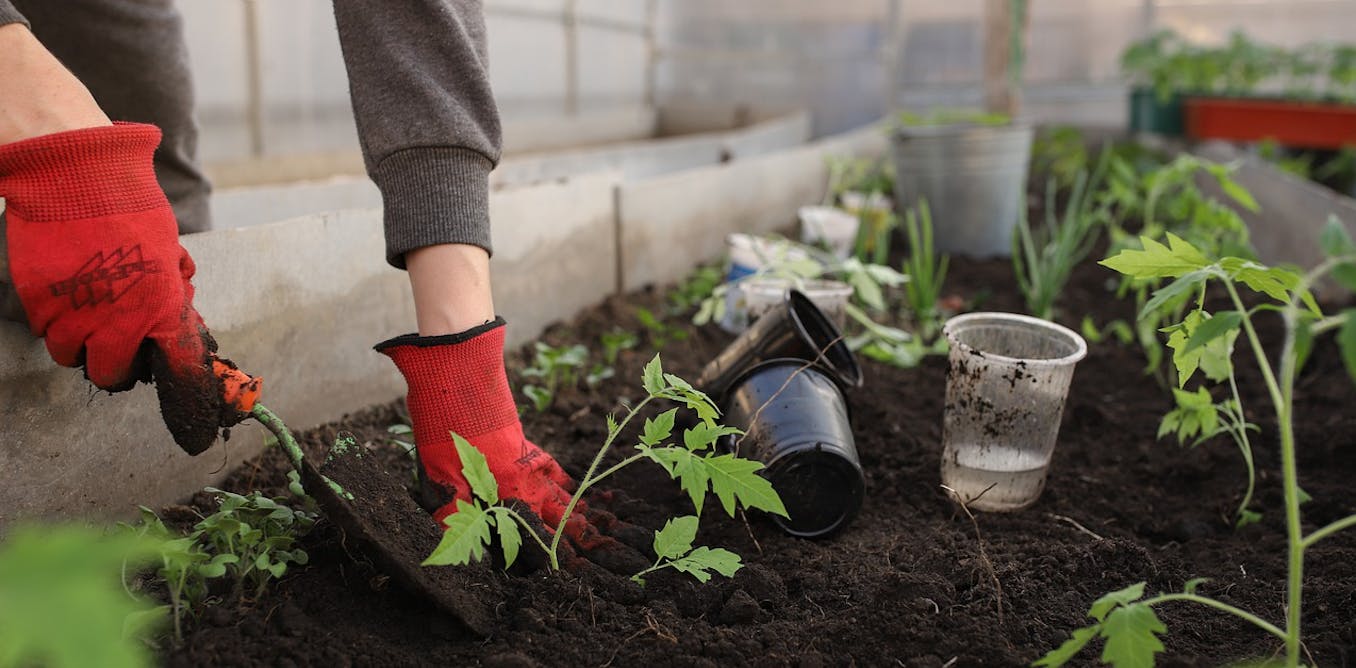How plankton helped create the Earth’s mountains 2 billion years ago
Mountains can’t be created without lubricant, and 2 billion years ago that lubricant was graphite produced by the carbon broken down from layers of dead plankton on the ocean floor.
Dec. 2, 2021 • ~7 min









